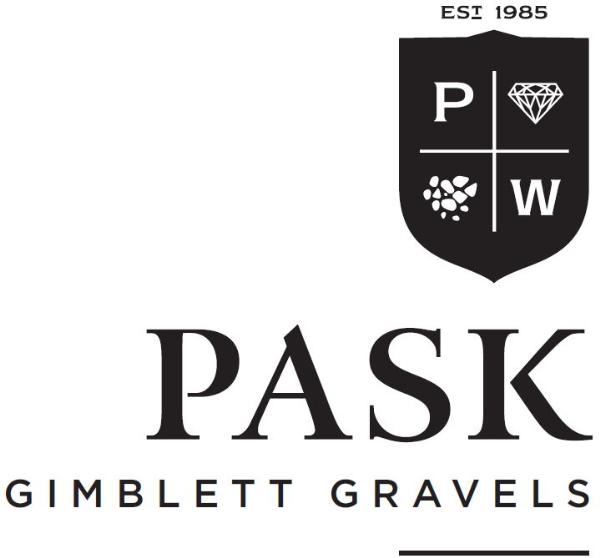Pask operates all 59 Ha of our Gimblett Gravels vineyards and the winery under Sustainable Winegrowing NZ accreditation, having done so the programme’s inception. We are proud to have been actively involved in the initial planning and implementation of the initiative and continue to give our support to its aims.
The soil of the Gimblett Gravels Winegrowing District™ is a unique area of land, comprising alluvial deposits exposed when the Ngaruroro River flooded and established a new path; as a result this soil is laden with stones, gravel and silt and is very free draining. It is this quality, coupled with the area’s warmth, which marks it as a perfect spot for viticulture and an integral component of our winegrowing story. We monitor for possible erosion risk and compaction as well as adhering to practices which maintain or increase organic matter in the soil. Used grape skin matter, or marc, is returned to the vineyard to be spread amongst the rows, with any excess donated to a local mushroom farm to ensure best use of winegrowing waste.
Agri-chemicals and nutrient applications are used only when absolutely justified and always from the SWNZ approved list of such products. There is no calendar spraying i.e. spraying for the sake of it on set days. Being attentive to the vineyard’s needs and requirements is integral to best sustainable practice.
Any water use is in line with conditions set out by our Resource Management protocol and irrigation is only utilised if and when the season dictates. Matching this to vine needs not only conserves valuable water sources but also ensures a healthy balanced vine.
Unproductive or diseased vines are replaced as soon as feasible, ensuring best use of scarce vineyard land and the uptake of resources by the vineyard. We are committed to NZWG initiatives such as the Virus Elimination Project, aimed at monitoring and controlling Grapevine Leafroll-associated Virus 3 (GLRaV-3 ) and eventually maintaining virus free vineyards.
We also view sustainability as comprising the overall business and its people. Training, adoption and commitment by the team to the SWNZ programme is essential if the programme is to be implemented successfully. Our business strategy must also be sustainable to enable continued reinvestment in our people, the land and the community.
Sustainability is an all-encompassing philosophy.

Are you of legal drinking age in your country of residence?



